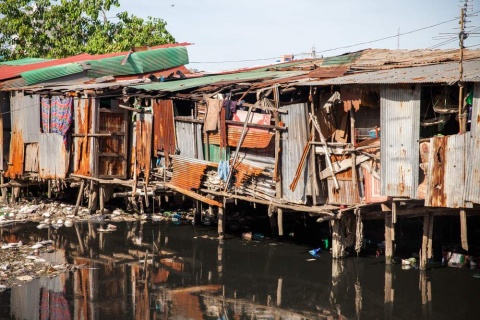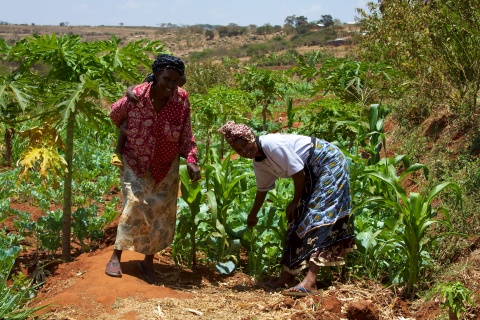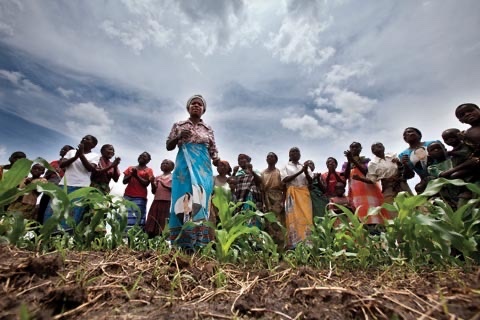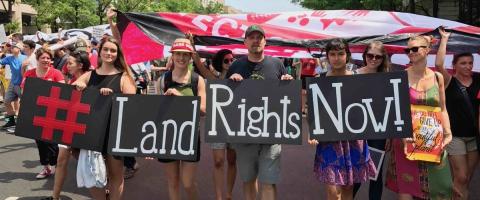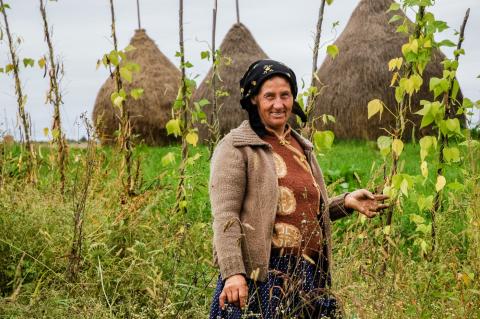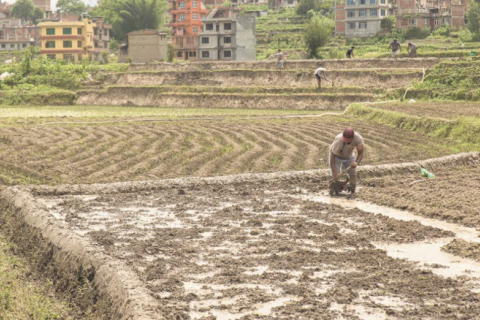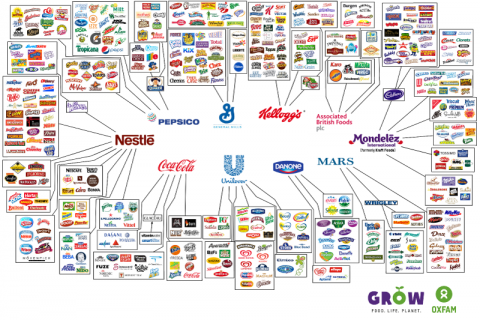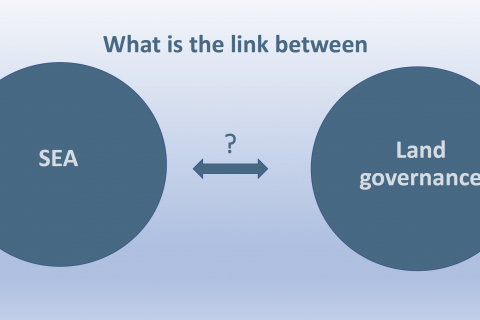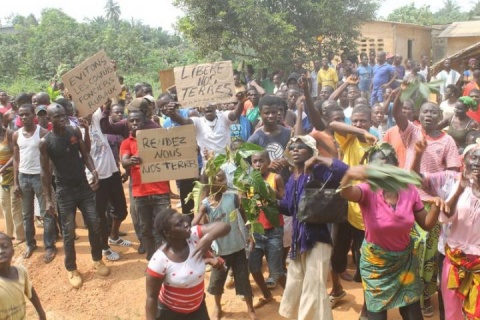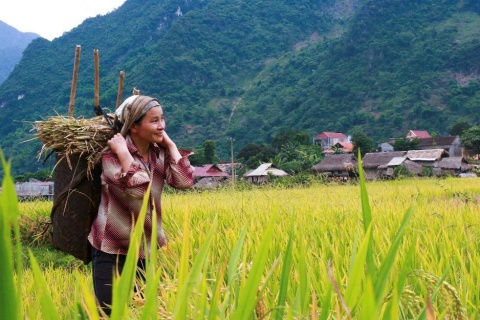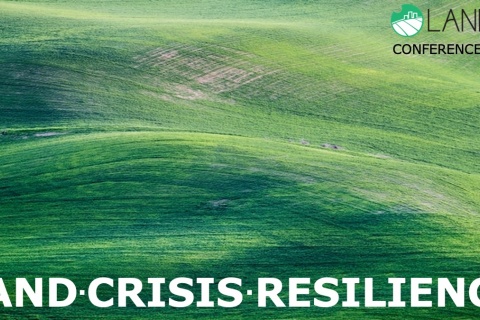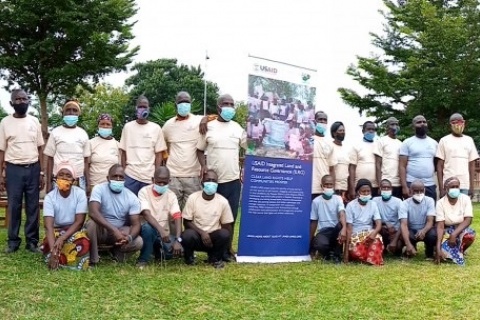Discover hidden stories and unheard voices on land governance issues from around the world. This is where the Land Portal community shares activities, experiences, challenges and successes.
 Follow our
Follow our
Sustainable Development Goals
Blog Series!
Interested in land corruption?
Follow our Land & Corruption Blog Series
for in-depth perspectives from the experts.
Issues
Geographical focus
The world has changed in the year and a half since Habitat for Humanity closed Solid Ground, a 4-year global advocacy campaign to increase access to land for shelter. The significant impacts of the COVID-19 pandemic and its economic fallout are still unfolding. The Solid Ground campaign helped to change policies and systems to improve access to land for shelter for over 12 million people.
PhD research provides key inputs to strengthen our knowledge base on land access, land governance and challenges related to development, crisis and resilience. This is why LANDac reserves a special place in the programme to discuss their contributions.
My name is Silas Siakor and I am the Country Manager at IDH, The Sustainable Trade Initiative in Liberia. I have worked on natural resource governance for the past 20 years - with a focus on land and forest. I am deeply honored to speak at this year’s conference to share some reflections based on the Liberian experience and to send a clarion call to civil society, academia, and private sector to step up and do more to strengthen land governance. The future of our planet depends on it.
This session zoomed in on the local situation and challenges faced by grassroots communities and women in some low-Income countries. It provided an overview of support provided by Civil Society organizations (and governments) facilitating communities, women in particular, to step up the efforts to strengthen their land rights and to generate resilience in face of the climate and COVID-19 challenges they are facing.
More secure land tenure provides much better opportunities to face climate and COVID-19 challenges by investing in high biodiversity local food & income systems.
Land. It is a commodity like no other. We live on it. We grow from it. We drink from it and build our futures upon it. But — increasingly and frighteningly so — we don’t share it equally.
The distribution of land has long defined the gap between rich and poor. Now new data shows clearer than ever how the way in which land is being shared and managed profoundly impacts extreme and rising inequality, and the achievement of women’s and girl’s rights.
Although land reform has been a priority area of the government, land use planning has always remained under the shadow of revenue collection and land distribution.
From 2013 to 2016, Oxfam's Behind the Brands campaign called on the 10 biggest food and beverage companies to adopt stronger land rights commitments. Now, as the coronavirus pandemic worsens inequality and food insecurity around the world, we asked the question: Are companies taking meaningful steps to implement their commitments?
In this session, we explored the linkages between Strategic Environmental Assessment and land governance. SEA often deals with land-related aspects in planning, and has the potential to ensure that they are satisfactorily dealt with in decision making. This potential could reach further if SEA would be applied more widely and, most importantly, before irreversible changes to land and land use are made. Doing SEA before ESIA for concrete investments can help avoid some of the land related challenges and conflicts currently encountered.
This session brought together colleagues from different organizations working in the broad field of land rights, discussing lessons and experiences from working in crisis mode, in fragile and conflict affected settings. The participants shared experiences, challenges they faced especially during Covid, the solutions they found and critically reflected on shortcomings and unsolved issues.
This session focussed on the transition towards more sustainable food systems in light of the upcoming UN Food Systems Summit. Four presenters shared their work, mostly from sub-Saharan Africa, and their recommendations towards more fair and sustainable production of food, as well as recommendation to change the way we think about food.
Key Takeaways
The LANDac Conference 2021 was opened by the Co-Chairs of LANDac, Dr. Gemma van der Haar from Wageningen University and Dr. Guus van Westen from Utrecht University. Dr. Guus van Westen noted that theirs is the 11th consecutive LANDac conference, and that last year, labeling the conference an Online Encounter, we were not yet ready to accept the new reality of COVID-19. This shift has enabled LANDac to reach new audiences that were not previously part of the LANDac crowd.
Across much of Africa, land is not allocated and inherited under statutory law but through customary practices rooted in kinship. In patrilineal systems, land belongs to men’s families and is inherited through the paternal line.
In Zambia, many ethnic groups follow a matrilineal system, where women own land and pass it down the maternal line.

